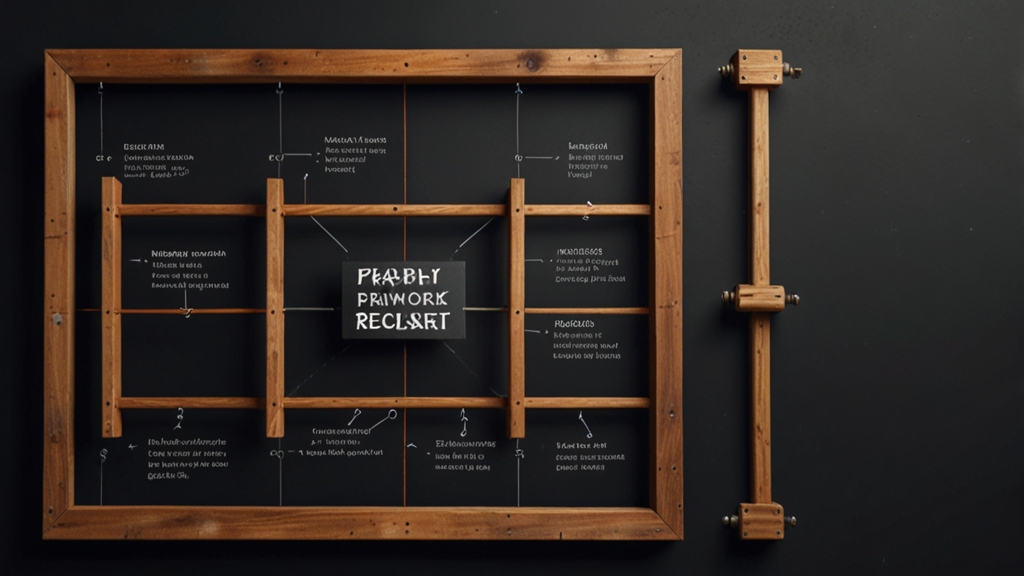The Dark Side of Mathematics: Exploring Its Most Puzzling Paradoxes
Mathematics is often heralded as the epitome of logical consistency and structured reasoning. From the elegance of Euclidean geometry to the rigor of modern-day calculus, it is a field built on the foundation of precise definitions and provable theorems. However, lurking in the shadows are paradoxes that challenge our understanding and reveal the limits of mathematical thought. These paradoxes not only perplex mathematicians but also offer profound insights into the nature of logic and truth.
1. The Liar Paradox: Truth in Question
The Liar Paradox is one of the oldest and most well-known conundrums in the realm of logic and mathematics. It is encapsulated in the simple statement: "This sentence is false." If the sentence is true, then it must be false as it claims to be. Conversely, if it is false, then it must be true because it correctly states that it is false. This creates a loop of self-contradiction that defies conventional logic.
"One cannot affirm the truth of the sentence without simultaneously denying it, leading to a paradox where the concepts of 'true' and 'false' lose their distinct meaning."
The Liar Paradox isn't just a quirky intellectual exercise; it has significant implications for theories of truth and semantic definition. Efforts to resolve or circumvent this paradox have led to developments in fields like formal language theory and the philosophy of mathematics.
2. Russell's Paradox: Set Theory in Disarray
At the dawn of the 20th century, mathematician Bertrand Russell uncovered a paradox that shook the foundations of set theory. The paradox arises when one considers the set of all sets that do not contain themselves. Let's denote this set as R. If R contains itself, then by definition, it should not contain itself. Conversely, if R does not contain itself, then it must contain itself because it qualifies under its own criteria.
This paradox had far-reaching consequences, compelling mathematicians to reevaluate the very framework of set theory. To overcome this, axiomatic set theories like Zermelo-Fraenkel set theory (ZF) were developed, adding layers of restrictions to avoid such contradictions.
3. The Banach-Tarski Paradox: Strange Geometry
The Banach-Tarski Paradox is an astonishing result in set-theoretic geometry that states it is possible to decompose a solid ball into a finite number of disjoint subsets, and then reassemble those subsets into two solid balls identical to the original. This defies our classical intuition about volume and space.
"The Banach-Tarski Paradox illuminates the boundaries between mathematics and physical reality, as the decomposition relies on the Axiom of Choice and produces results that are impossible in the physical world."
Although the Banach-Tarski Paradox doesn't violate any mathematical laws, it challenges our understanding of physical space and volume, posing questions about the nature of mathematical objects and their relation to the physical world.
4. Zeno's Paradoxes: Infinite Series and Motion
Zeno of Elea presented a series of paradoxes that question the nature of motion and infinity. One of the most famous is the Paradox of Achilles and the Tortoise. In this paradox, Achilles gives the tortoise a head start and begins to chase it. By the time Achilles reaches the point where the tortoise started, the tortoise has moved a little further ahead. This process continues infinitely, suggesting that Achilles can never catch the tortoise.
This paradox reveals the complexities involved in understanding infinite sequences and series. While modern calculus, with its concepts of limits and convergence, resolves Zeno's paradoxes mathematically, they remain thought-provoking discussions on the nature of continuous versus discrete processes.
Conclusion: Embracing the Paradoxes
Paradoxes in mathematics serve as more than mere puzzles; they act as catalysts for intellectual growth and deeper understanding. By challenging our assumptions and forcing us to confront inconsistencies, paradoxes push the boundaries of mathematical thought and open new avenues for exploration.
Rather than viewing them as flaws or failures of the system, we should embrace these paradoxes as opportunities for learning and development. In the enigmatic world of mathematics, paradoxes remind us that the quest for knowledge is a dynamic, ever-evolving journey with its own set of fascinating twists and turns.











